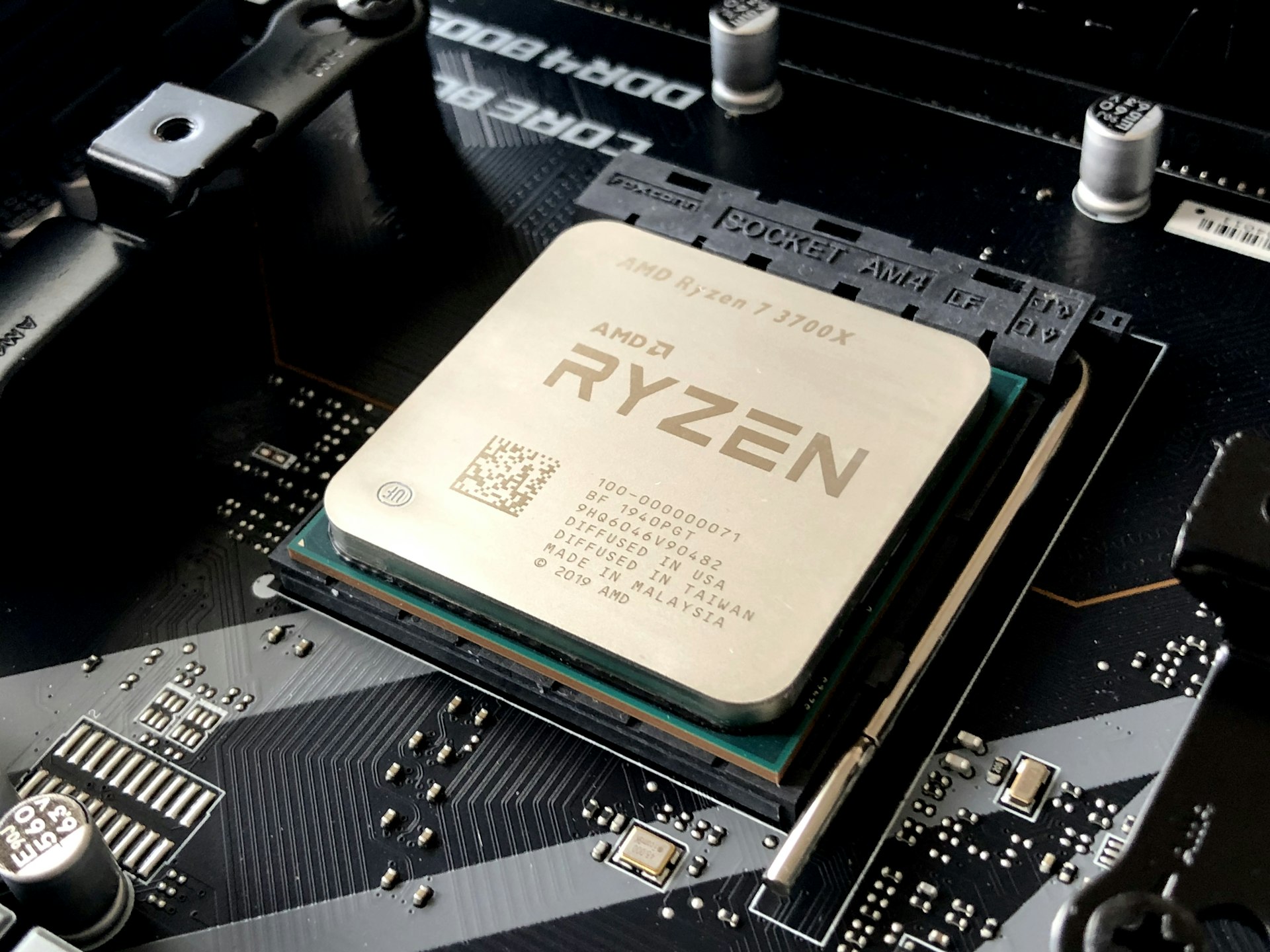Why Diversity in Video Game Characters Drives Engagement, Empathy, and Industry Growth

Photo by Zhibek Bizhanova on Unsplash
Introduction: The Transformative Impact of Diversity in Video Game Characters
Diversity in video game characters has become a pivotal issue within the gaming industry, reflecting the growing recognition that representation matters for both players and creators. As gaming continues to expand its reach globally, the need for inclusive characters and stories mirrors the demand for more authentic, relatable, and engaging experiences. This article examines why diversity is essential in video game characters, explores its benefits, practical steps for implementation, and provides guidance for advocates and developers seeking to champion representation in gaming.
The Evolution of Diversity in Gaming
Historically, video game characters were restricted by archetypes, often lacking meaningful representation of race, gender, sexuality, and cultural background
[1]
. As the industry matured, so did its audience, prompting developers to reflect the true diversity of their players in-game. This shift is visible in recent AAA titles, such as
Apex Legends
and
The Walking Dead
, which feature characters representing a multitude of cultures and identities. Indie games and online multiplayer platforms have also followed suit, making diversity a core element of both storytelling and gameplay
[1]
.
Benefits of Diversity in Video Game Characters
1. Breaking Stereotypes and Challenging Norms
Diverse characters allow games to move beyond conventional stereotypes, showcasing talents, personalities, and stories that defy traditional expectations
[2]
. For example,
Horizon Zero Dawn
introduces Aloy, a protagonist who breaks gender stereotypes through her independence, combat skills, and technological expertise. Such characters inspire empowerment and demonstrate the positive impact of diversity by encouraging players to embrace individuality and complexity
[2]
.
2. Fostering Empathy and Understanding
Exposure to a range of identities and stories in video games enables players to develop empathy and understanding. By experiencing narratives and perspectives different from their own, players broaden their worldview and gain appreciation for the experiences of others [2] . These interactions can break down social barriers, making gaming a conduit for real-world acceptance and compassion.
3. Building Relatable and Inclusive Experiences
When game diversity reflects real-world diversity, players see themselves represented, which fosters a sense of belonging and validation
[3]
. Representation is particularly impactful for marginalized groups, sending a clear message: “You are important. You matter.” As noted with characters like Lucio in
Overwatch
, inclusive representation can empower players, making them feel seen and valued
[3]
.
4. Expanding Market Reach and Engagement
Diversity in characters appeals to a broader audience, increasing player engagement and driving better sales
[2]
. Games like
The Sims
allow players to customize characters across races, genders, and abilities, making the experience more accessible and relatable. This inclusivity strengthens player loyalty and enhances the commercial success of games that embrace diversity.
Steps to Champion Diversity in Game Development
1. Build Diverse Development Teams
Authentic representation starts with hiring balanced development teams. Diverse teams bring a variety of perspectives, helping to avoid unintentional bias and stereotypes in character design [4] . Companies should foster cultures that encourage open dialogue and empower team members to voice insights on identity and inclusion.

Photo by Vitaly Gariev on Unsplash
2. Deliberate Character and World Design
Developers should intentionally diversify character types, considering how each identity interacts with the game’s world and narrative. This includes paying attention to accents, cultural backgrounds, and intersectional identities, ensuring that characters are multidimensional and not defined by a single trait [4] .
3. Consult with Communities and Experts
Involving representatives from marginalized groups and cultural experts can improve authenticity and help prevent the reproduction of stereotypes. Consultation ensures that representation is both accurate and respectful, promoting genuine inclusivity [5] .
4. Promote Equity, Diversity, and Inclusion (EDI)
Implementing EDI principles in game development helps ensure that all players feel welcome, regardless of age, gender, race, or sexuality. EDI practices also benefit design teams by fostering creativity, motivation, and connection to meaningful work. By modeling what the industry should be, developers can lead the way toward a more equitable and enjoyable gaming experience for all [5] .
Practical Guidance for Advocates and Developers
If you are a developer or advocate seeking to promote diversity in video games, consider the following actionable steps:
- Evaluate your team’s diversity: Review hiring practices and actively recruit talent from underrepresented backgrounds. Encourage open dialogue about identity and representation in workplace culture.
- Assess your games for representation: Analyze your character roster for diversity in race, gender, orientation, and culture. Seek feedback from players and experts on the authenticity and impact of your characters.
- Consult with communities: Engage with advocacy groups, cultural organizations, and subject matter experts to inform character design and story development.
- Educate yourself and your team: Stay informed on current research and best practices for inclusive design. Attend workshops, read studies, and collaborate with diversity advocates.
When searching for resources, you can:
- Look for diversity and inclusion training opportunities through professional organizations such as IGDA (International Game Developers Association).
- Search for “inclusive game development” or “diversity in gaming” on established academic databases and trade publications.
- Join forums and communities focused on representation in gaming, such as those hosted by the Geena Davis Institute or local game development meetups.
- If seeking official guidance, consult the websites of well-known advocacy organizations or professional bodies, rather than relying on unverified URLs.
Potential Challenges and Solutions
Developers may face resistance from segments of the player base who perceive diversity initiatives as “forced” or unnecessary. Overcoming these challenges requires transparent communication about the value of representation, emphasizing the benefits for all players and the industry as a whole [3] . Additionally, ensuring authenticity and avoiding tokenism demands ongoing consultation and a commitment to multidimensional character development.
Alternative Approaches to Representation
Some developers may choose to focus on customizable avatars, letting players define their own identities. While this offers flexibility, it is still important to provide preset characters that represent a range of backgrounds and personalities. Both approaches can coexist to meet the needs of different player demographics [3] .
Key Takeaways
Diversity in video game characters is essential for fostering empathy, challenging stereotypes, building inclusive communities, and driving industry growth. Developers who prioritize representation not only create better games, but also contribute to a more equitable and engaging gaming landscape. To continue advancing diversity, advocates and creators must commit to ongoing education, consultation, and implementation of equitable practices throughout the design and development process.
References
- [1] Genius Crate (2024). The Importance of Diversity in Video Game Characters.
- [2] Latis Global (2024). The Importance of Diversity in Video Games.
- [3] UNT Digital Scholarship (2018). Select Your Character: Why Representation in Video Games Matters.
- [4] Geena Davis Institute (2022). Changing the Narrative: Why Representation in Video Games Matters.
- [5] Mohawk College (2023). The Importance of Equity, Diversity and Inclusion in Video Game Industry.
MORE FROM savvysc.com













